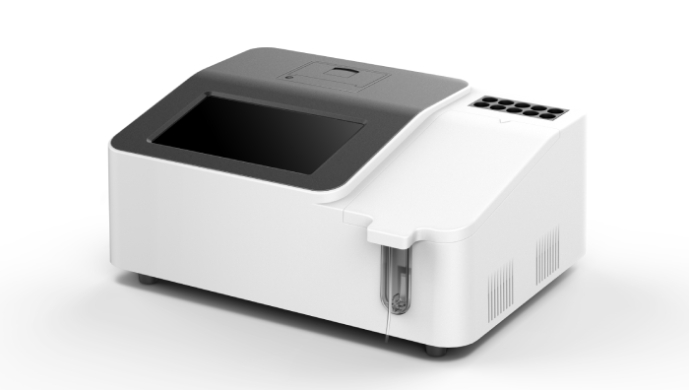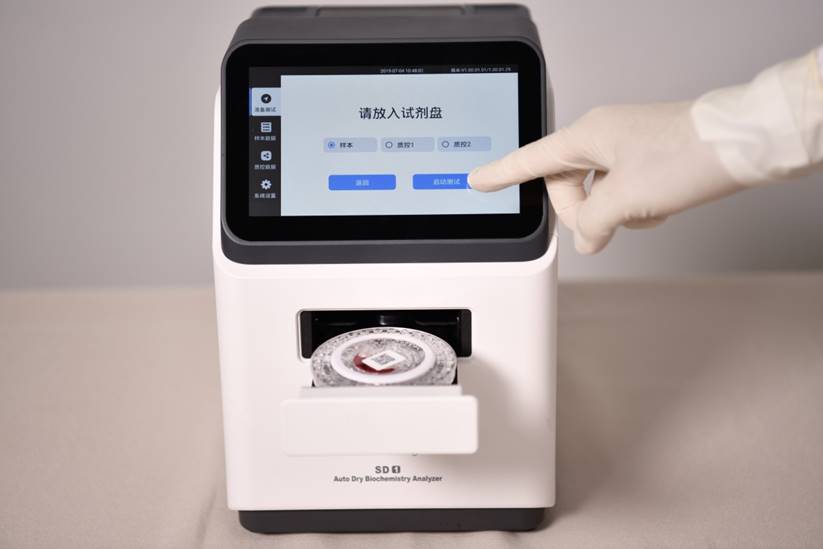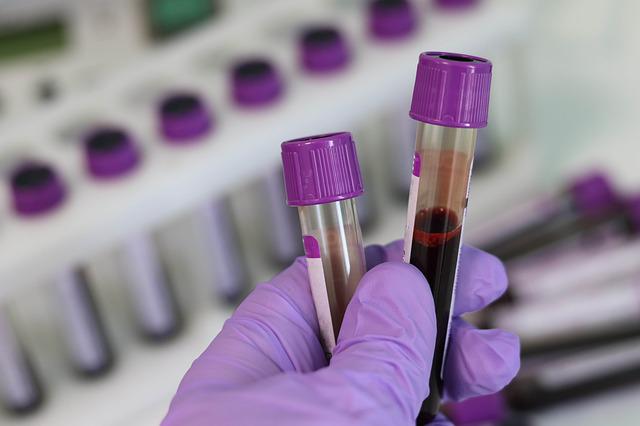As society progresses, people's standard of living continues to improve, causing more and more people to engage in bad habits such as overeating, drinking large amounts of alcohol and irregular working hours. These habits increase the risk of developing pancreatitis, or in more serious cases, death.
Pancreatitis is an inflammatory disease caused by the activation of digestive enzymes in the pancreas that irritate the pancreatic cells. As acute pancreatitis recurs, it leads to impaired pancreatic function, which progresses to chronic pancreatitis. The impaired function of the pancreas causes digestive problems and diabetes. Clinical symptoms such as abdominal pain, bloating, nausea, vomiting and fever are often present. Elevated levels of amylase, etc., are detected through blood and urine tests.
Patients with suspected pancreatitis often require biochemical tests and the biochemical tests in the "5 CRP Kit" kit released by Seamaty are ideal for the initial screening of patients with pancreatitis.
The "5 CRP Kit" contains tests for AMY, Crea, UREA, LPS, CRP. The "AMY & LPS" tests are specifically designed to detect normal pancreatic function. When AMY and LPS levels are elevated in the blood, this indicates that the patient has a problem with the pancreas.
To further test for inflammation of the pancreas, another test is used in conjunction with CRP, which is an important indicator of inflammation. When CRP levels are elevated, the pancreas is inflamed. The results of the 5 CRP Kit can be used to diagnose the severity of a patient's pancreatitis and to determine the appropriate medication for the patient. It is also possible to avoid the misuse of antibiotics by combining the results of the CRP test.
The Seamaty "5 CRP Kit" biochemistry kit is used in conjunction with the accompanying biochemistry analyser SD1. The Seamaty SD1 is a fully automated chemistry analyser designed for field testing. It provides faster, easier and more accurate medical diagnostics using 100 μL of whole blood, serum or plasma. Using cloud computing, the SD1 can assist operators with remote medical decision making. Built-in centrifuge, 2D code, real-time quality control. Test results will automatically print after 12 minutes.
This
biochemical device is also very easy to operate, with only three steps: add sample, place in reagent tray and obtain results.


